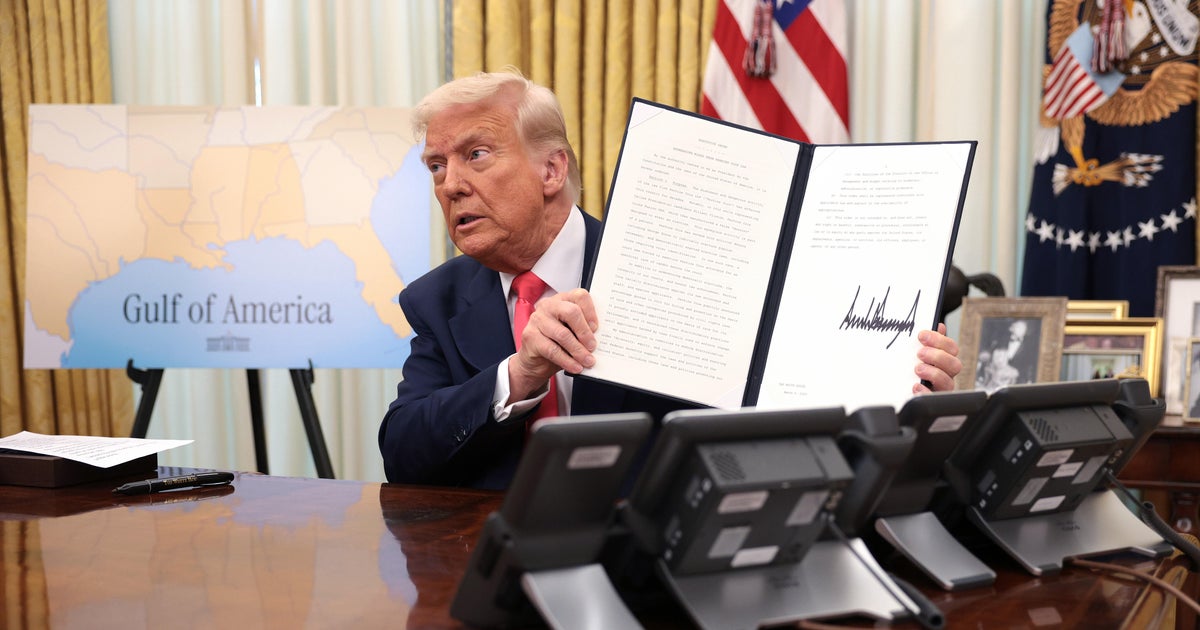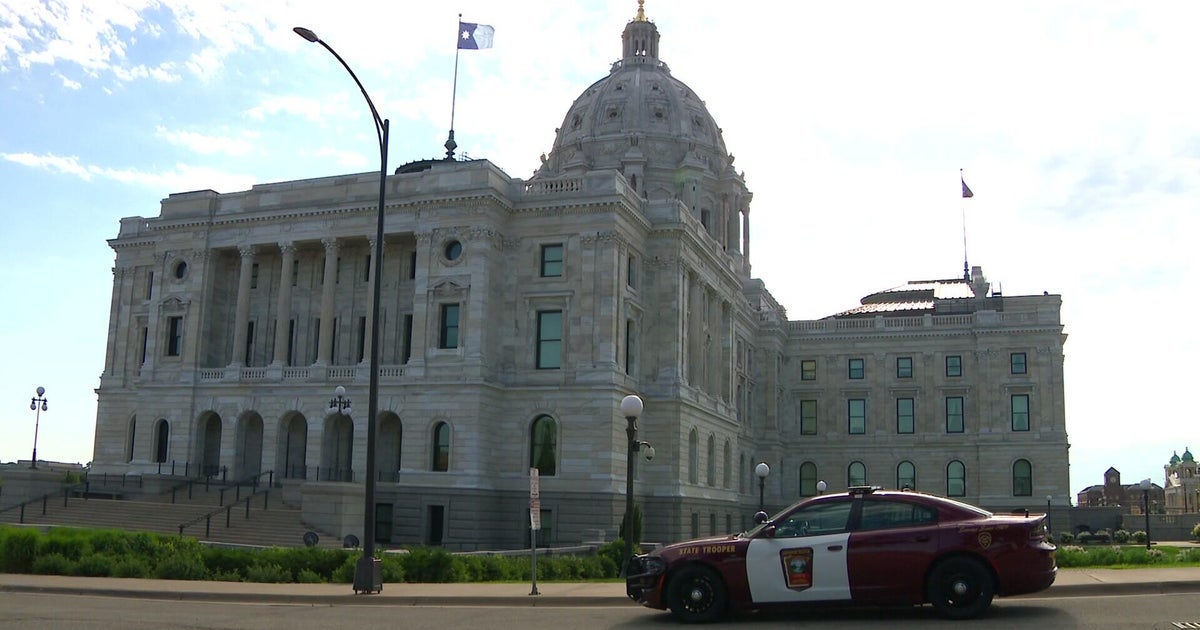Justice Department asks Supreme Court to halt enforcement of Texas abortion law
Washington — The Justice Department on Monday asked the Supreme Court to block enforcement of a Texas law that bans most abortions while a legal battle over its constitutionality continues in the lower courts.
The Biden administration said Friday that it planned to ask the high court to intervene in its dispute with the state of Texas over the law, which prohibits abortions after embryonic cardiac activity is detected, usually at about six weeks and often before someone is aware they are pregnant. The Justice Department formally asked the Supreme Court to halt enforcement of the measure, known as S.B. 8, in a filing on Monday, arguing Texas "successfully nullified this court's decisions within its borders."
"Texas designed S.B. 8 to violate the Constitution, as interpreted by this court, and to thwart judicial review — both by forswearing enforcement by the state's executive officials, in an effort to avoid pre-enforcement review, and by designing S.B. 8 suits to frustrate post-enforcement review," acting Solicitor General Brian Fletcher wrote in the filing.
The abortion ban, he said, is "plainly unconstitutional" and "defies" the Supreme Court's abortion precedents, which prohibits states from outlawing abortions before fetal viability, which generally occurs around 22 to 24 weeks.
The Justice Department filed its lawsuit against Texas days after the law took effect on September 1, arguing in its 30-page complaint that the ban was enacted in "open defiance" of the Constitution and was "clearly unconstitutional" under the Supreme Court's precedents.
U.S. District Judge Robert Pitman of the Western District of Texas then ruled the law's enforcement should be halted as the constitutionality of the law is further litigated, citing what he called the "irreparable harm" the law could cause to those seeking abortions.
Texas appealed the ruling to the 5th U.S. Circuit Court of Appeals, asking a three-judge panel to stay the lower court's decision and allow the law to be enforced pending litigation. The appeals court panel last week agreed to pause Pitman's order, reinstating the law.
The Justice Department has now asked the Supreme Court to take up the matter, arguing the "unjustified stay enables Texas's ongoing nullification of this court's precedents and its citizens' constitutional rights."
The Supreme Court, the Justice Department said, should lift the stay. The court could also consider the Justice Department's request as a petition to hear the dispute before a ruling from the 5th Circuit and agree to take up the case this term, the Biden administration said.
Texas is one of several states that has enacted laws that ban abortions at early stages of pregnancy, but the state's law has a novel enforcement mechanism that has complicated federal court review. While the other laws have been blocked by federal judges before taking effect, the Texas abortion measure authorizes private citizens, rather than state officials, to enforce it through civil lawsuits in state courts.
This enforcement scheme complicated efforts by abortion providers to stop the law from taking effect, as it was unclear who they should sue. While the providers filed an emergency petition with the Supreme Court in late August asking the justices to keep the law from going into effect, the high court in a 5-4 decision declined to block it, citing the procedural questions raised because of the enforcement mechanism.
In the filing with the Supreme Court, Fletcher said the argument from Texas that federal courts cannot halt the law is "as breathless as it is dangerous," and would allow other states to adopt similar schemes that seek to invalidate other constitutional rights or target other Supreme Court precedents.
"Our constitutional system does not permit states to so easily thwart the supremacy of federal law," he told the court.
The law's structure for private enforcement suits, Fletcher said, "manifests overt hostility to a defense based on this court's decisions recognizing a constitutional right to abortion."
The court requested a response from the state of Texas by Thursday at noon.
Rob Legare contributed to this report.



